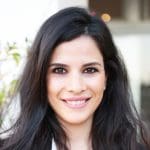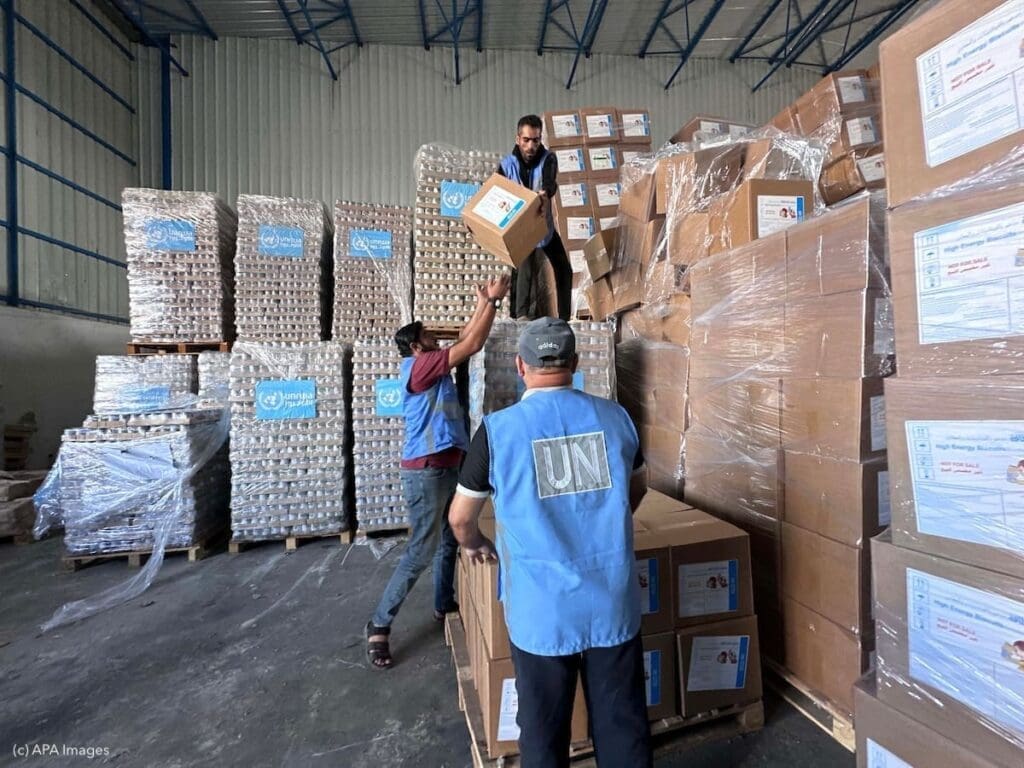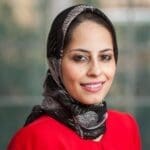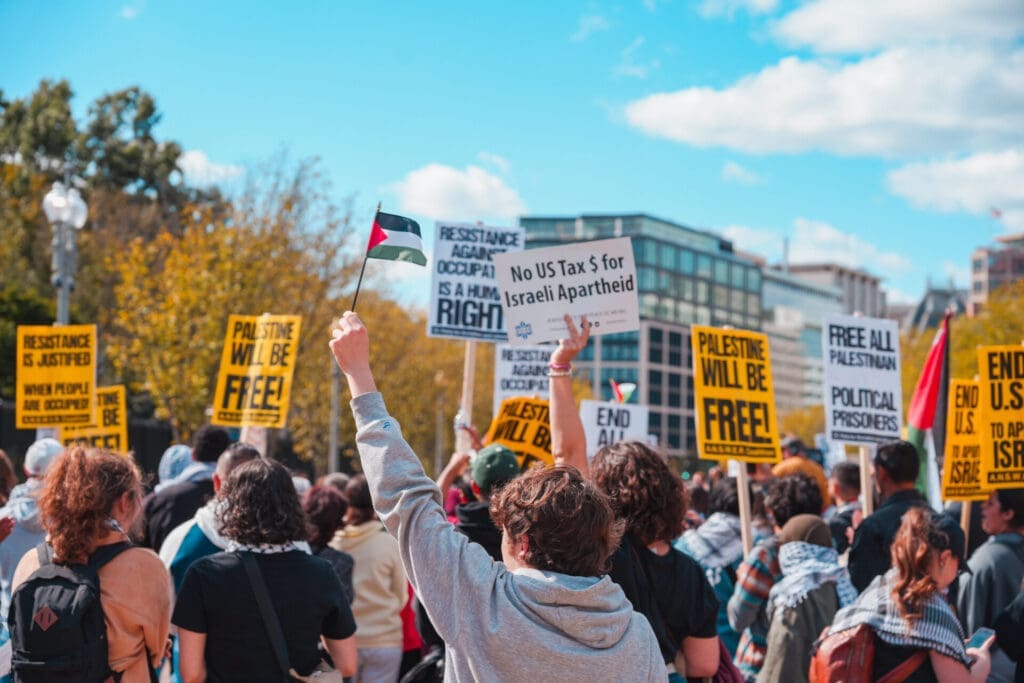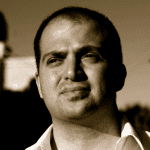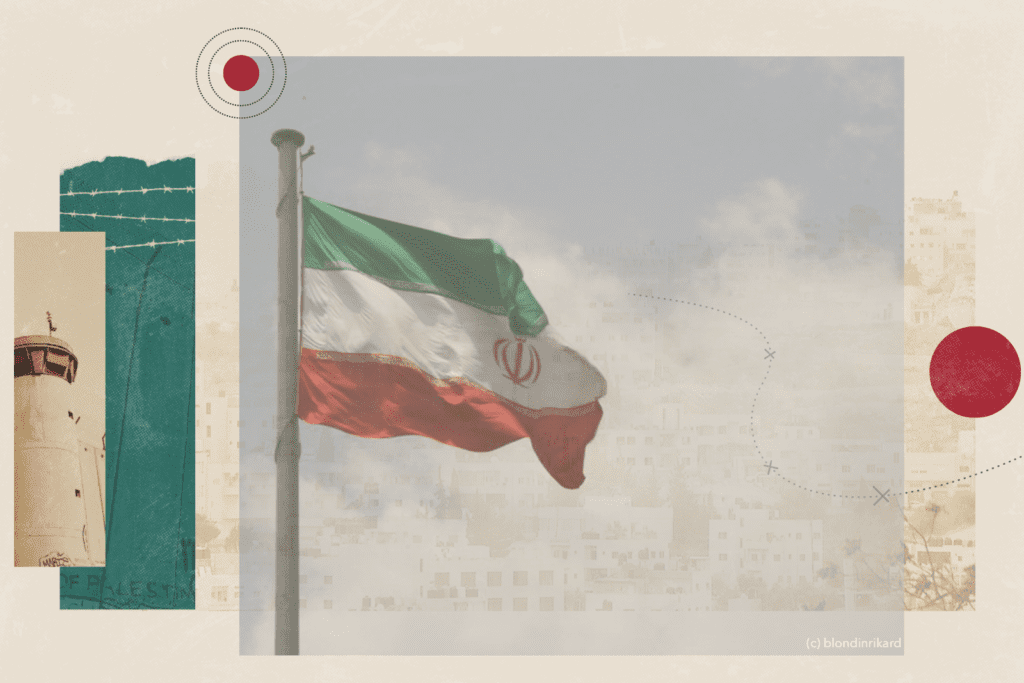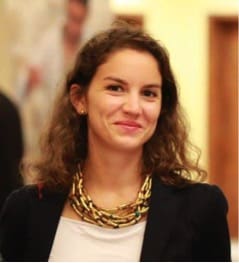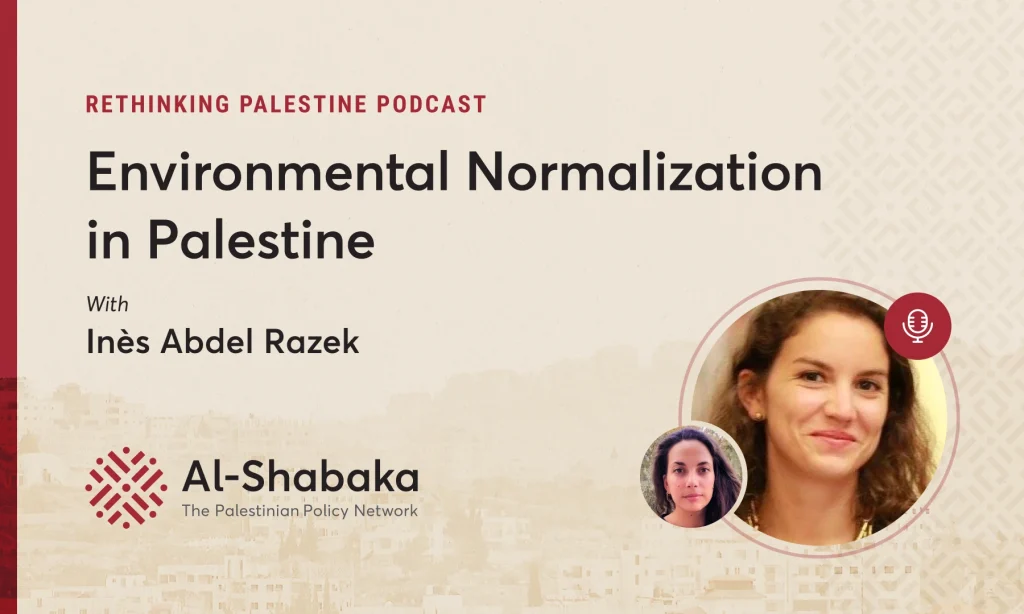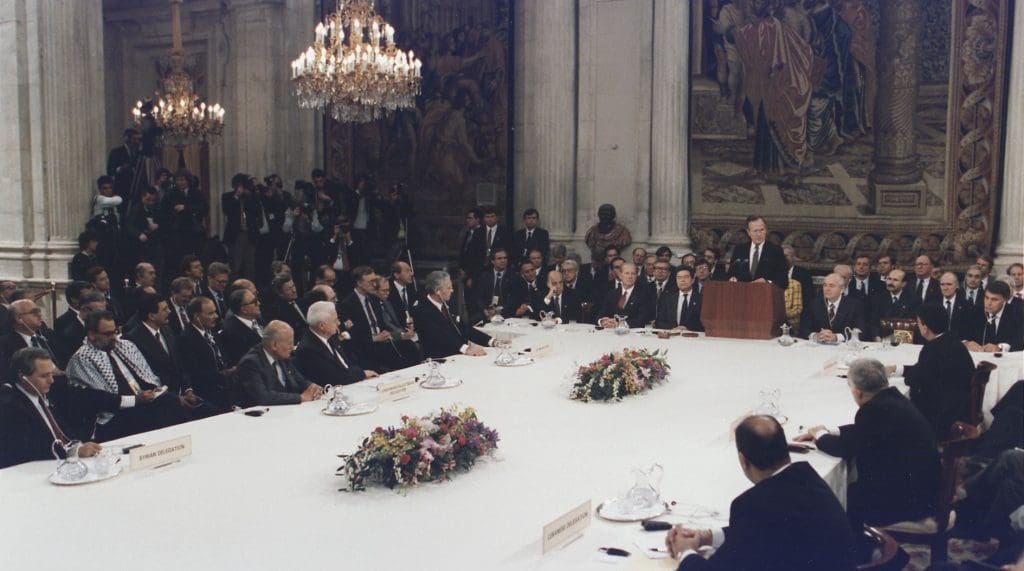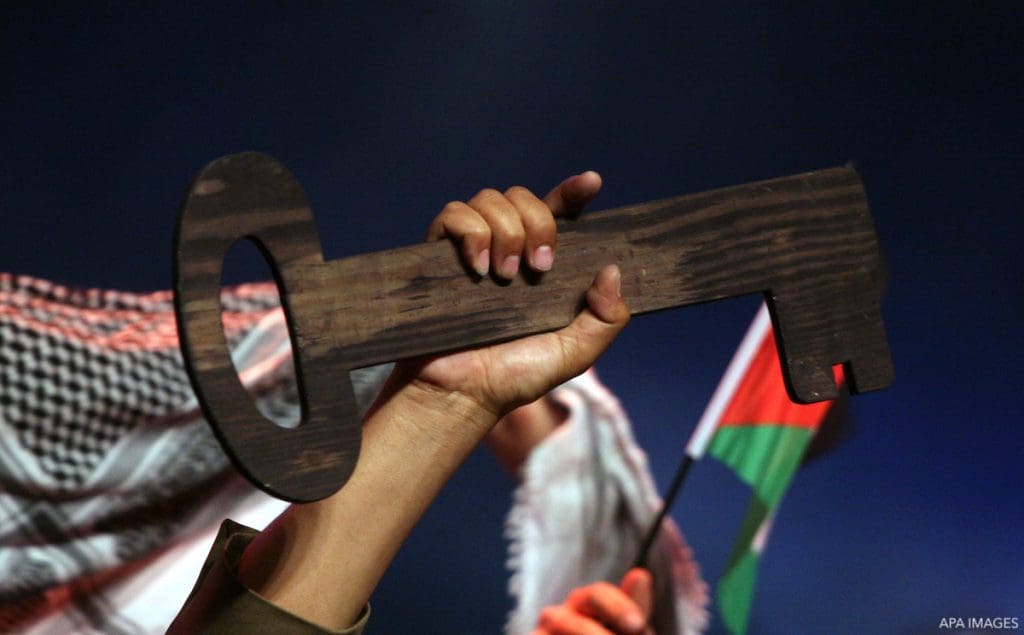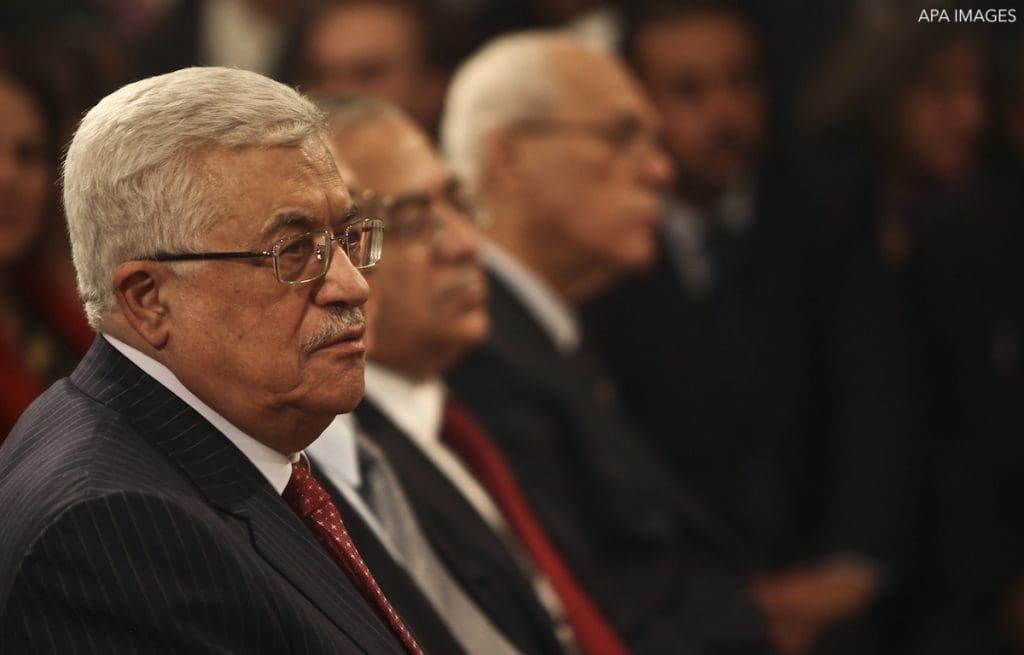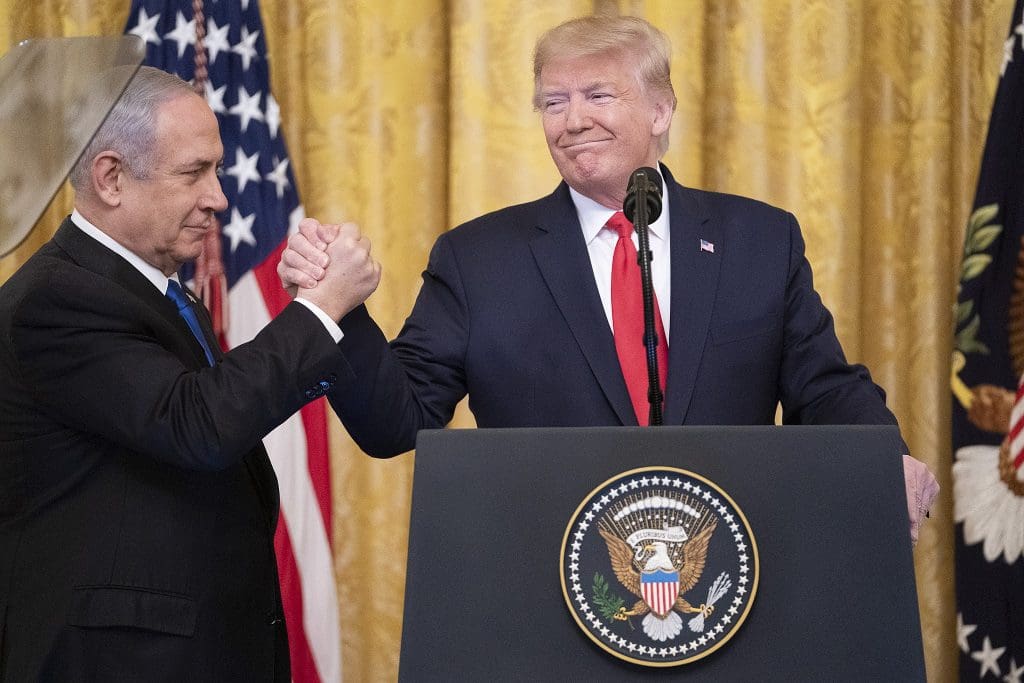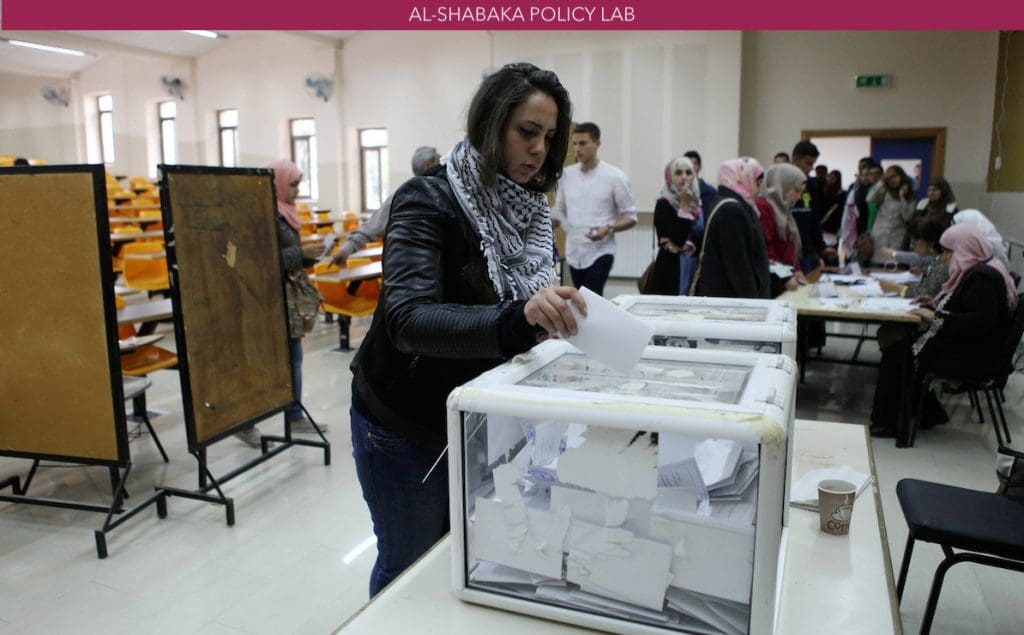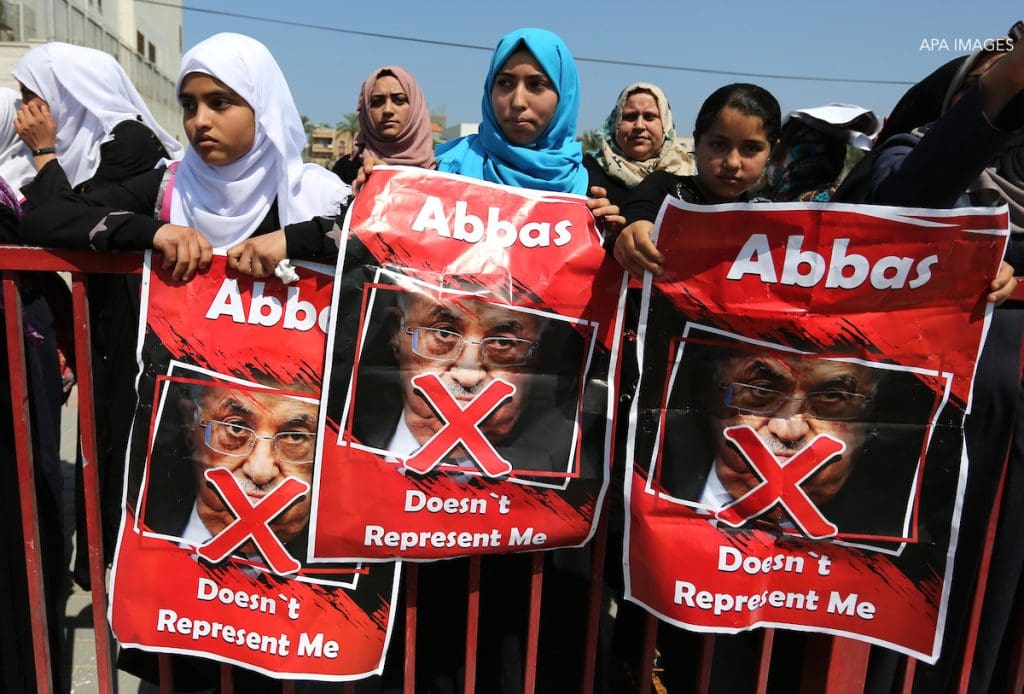Inès Abdel Razek is the Executive Director of the Palestine Institute for Public Diplomacy (PIPD) and its digital platform Rabet, an independent Palestinian organization focusing on international mobilization and digital campaigning for Justice, Freedom and Equality. From 2019 to 2022, Inès was the Advocacy Director of the PIPD, helping to develop the political networks and international advocacy pillar of the organization. Prior to joining the PIPD, Inès held policy advisor positions in the Union for the Mediterranean in Barcelona, the UN Environment Programme in Nairobi and the Palestinian Prime Minister’s Office in Ramallah, where she advised executive leadership on international aid for development policies. Inès is also a board member of the social enterprise BuildPalestine, Advisory board member of Palestine DeepDive, and policy member at Al-Shabaka, the Palestinian Policy Network. She holds a Master’s degree in Public Affairs from Sciences-Po, Paris. Twitter: @InesAbdelrazek
From this author
Inès Abdel Razek joins host Yara Hawari to discuss how the Israeli regime uses eco-normalization projects and greenwashing tactics to cover up its theft of Palestinian natural resources and lands as part of its settler-colonial project across Palestine.
The so-called Middle East Peace Process has ensured Palestinians’ oppression by a military regime bent on settler-colonial expansion. How has the bilateral negotiations framework consolidated Israel’s hegemony over the Palestinians, and how has Israel maintained it? Al-Shabaka policy analyst, Inès Abdel Razek, explores these questions and more, and offers recommendations to the international community for supporting Palestinian liberation.

Inès Abdel Razek· Oct 31, 2021
The vital question of how to reconstitute and strengthen the Palestine Liberation Organization (PLO) and renew the Palestinian national project has long been at the forefront of Palestinian concerns. However, it stalled due to the bitter divisions between the major political parties, Fatah and Hamas, after the legislative elections of 2006.



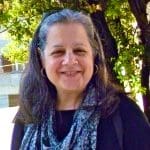
+
The Palestinian national movement is in an acute state of crisis, and the Palestinian political system and institutions are incapable of bringing the Palestinian people closer to realize their rights. The existing style of governance and models of leadership prove on a daily basis to be unfit for present and future Palestinian generations seeking equality, justice, and freedom above all.
Though US President Donald Trump’s “Deal of the Century” largely does not change conditions on the ground for Palestinians, it helps legitimize the Israeli colonial project, which continues apace despite the COVID-19 pandemic. Al-Shabaka analysts from around the globe weigh in on the repercussions of the deal where they live and offer steps to counter them.



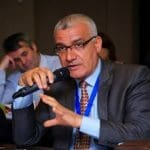
+
Palestinian general elections in the near future are looking more and more likely. But are they necessary?


With current Palestinian governance facing a legitimacy crisis, Al-Shabaka convened an open-ended Policy Circle on Leadership and Accountability to elicit recommendations for a leadership that fully represents Palestinians, restores their unity, and respects their rights. Our experts suggest models ranging from a restructured PLO to a populist democracy represented by civil society organizations.


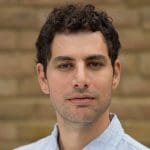

+
